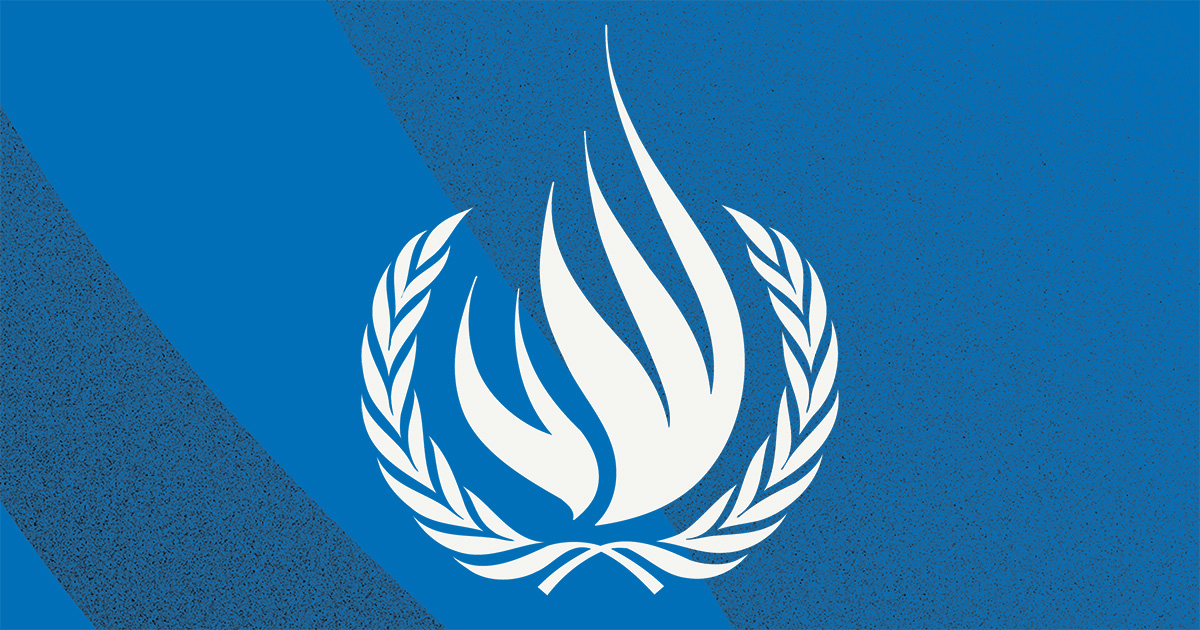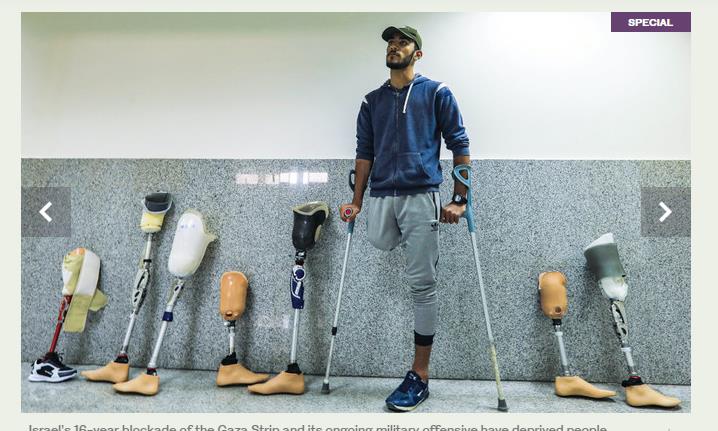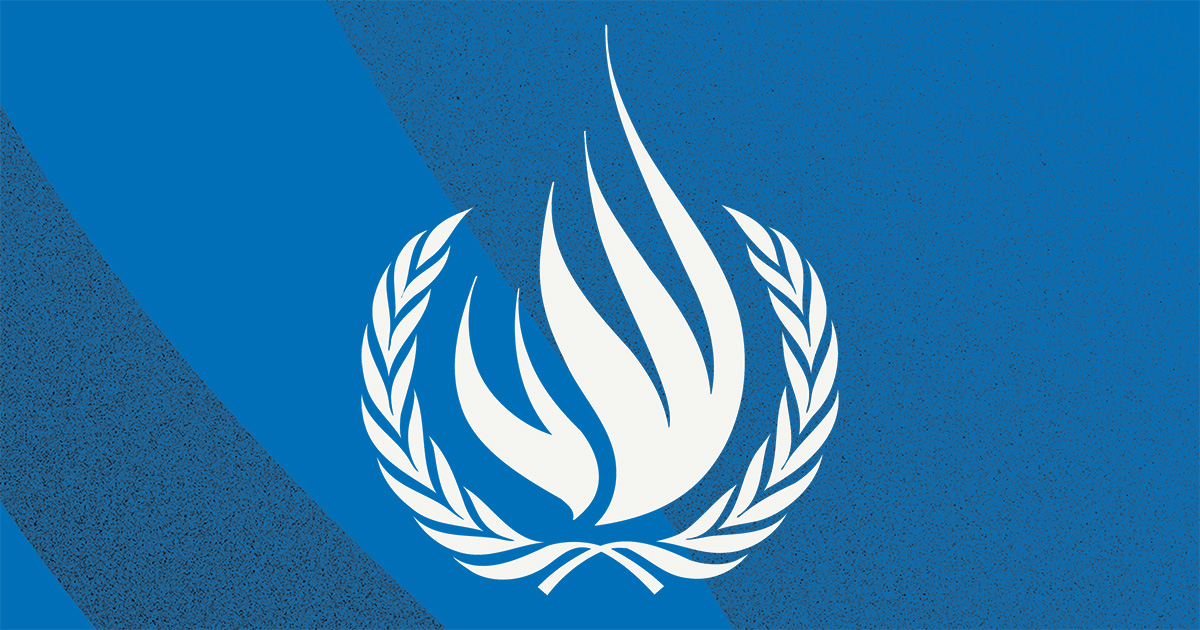
The World Health Organization (WHO) and Handicap International (HI) called attention to the needs of an estimated 3 million people in the Syrian Arab Republic living with injuries and disabilities, urging the international community to scale up its support for their rehabilitation and reintegration into society.
A report published Monday by the two organizations said that an estimated 30 000 people are injured in Syria every month and more than six years into the conflict, an estimated 1.5 million people have been injured. An additional 1.5 million people are living with permanent disabilities, including 86,000 people whose injuries have led to amputations. As the conflict rages with an intense use of explosive weapons in populated areas and the constant risks linked to a very high level of explosive contamination throughout the country, a growing number of people require access to rehabilitation services, which are becoming increasingly limited.
Less than half of all public hospitals and health facilities in Syria remain functional. Most of them are poorly equipped to provide care to patients with injuries and further support person with disabilities; and only two physical rehabilitation centers (in Damascus and Homs) provide artificial limbs. This severely restricted access to medical care causes many people’s injuries to turn into lifelong impairments, which otherwise would have been prevented with proper and timely care. Without access to proper rehabilitative treatment, up to a third of injuries result in long term or lifelong impairments.
WHO and HI together have a strategic and operational four-year partnership that will scale up support for Syrians living with disabilities and persons with injuries. The project will increase access to life-saving rehabilitation services for persons with injuries, decreasing the risk of developing complications and permanent impairments. It will also increase access to rehabilitation services for all, and strengthen the capacity and the resilience of local health systems.
“People with disabilities and injuries are particularly vulnerable and are easily forgotten in the midst of a major conflict. In Syria today, there is a critical need to look beyond acute lifesaving care, and consider how we can support Syrians who will live their rest of their lives with the scars of this conflict,” said Florence Daunis, Handicap International’s Director of Operations.
“A third of the victims of explosive weapons are children: What will happen to these children in the next ten, fifteen years? Will they be able to get an education? Will they have access to economic opportunities and be able to provide for their families? How are they going to be integrated into society? Providing answers to these questions becomes critical. These children need to reach their full potential, and it is our role, as humanitarians, to make sure people living with injuries and disabilities are not forgotten,” said Dr Michel Thieren, WHO Regional Emergency Director.









